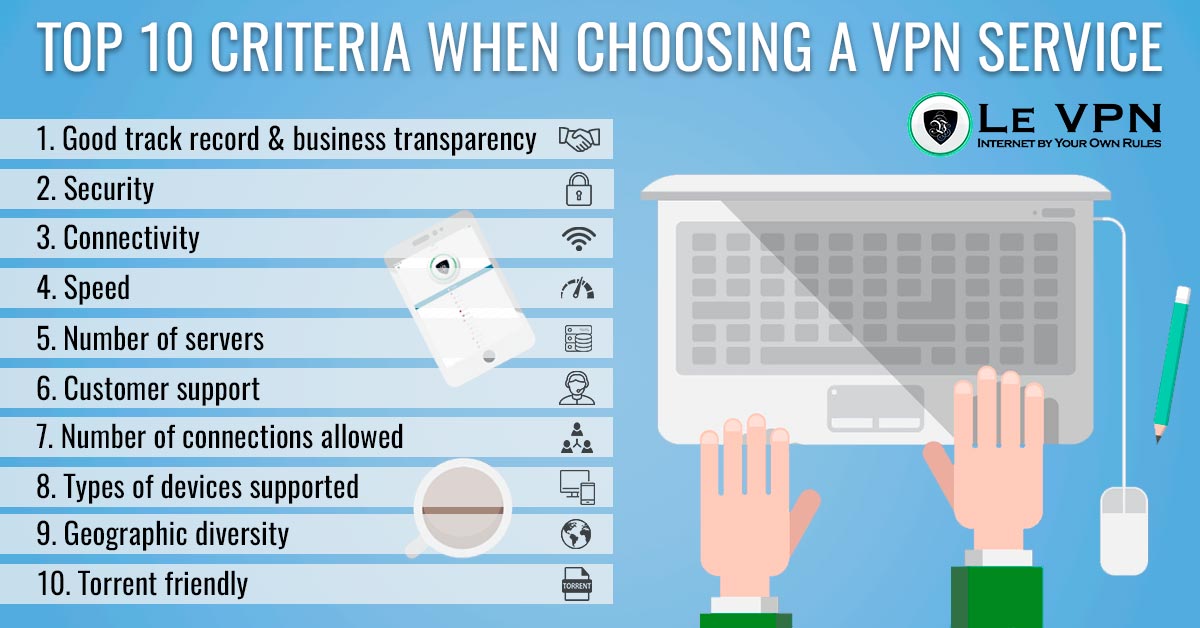Introduction
Virtual Private Networks (VPNs) have become increasingly popular in recent years due to their ability to provide a secure and private internet connection. Whether you are concerned about your online privacy, want to access geo-restricted content, or simply want to protect your sensitive data from hackers, a VPN can offer numerous benefits. In this blog post, we will explore the advantages of using a VPN and provide guidance on choosing the right one for your needs.
1. Enhanced Online Security
One of the primary benefits of using a Virtual Private Network (VPN) is the enhanced online security it provides. By encrypting your internet connection, a VPN ensures that your data remains secure and protected from hackers and cybercriminals. This is especially crucial when using public Wi-Fi networks, which are often vulnerable to attacks.
2. Anonymity and Privacy
VPNs also offer the advantage of anonymity and privacy. When you connect to a VPN server, your IP address is masked, making it difficult for websites and online services to track your online activities. This helps protect your privacy and prevents advertisers from collecting your personal information for targeted ads.
3. Bypassing Geo-Restrictions

Another significant benefit of VPNs is the ability to bypass geo-restrictions. With a VPN, you can access content and websites that are otherwise restricted or blocked in your region. By connecting to a server in a different country, you can enjoy unrestricted access to streaming platforms, social media, and other online services.
4. Secure Remote Access
VPNs are widely used by businesses and remote workers to establish secure connections to their company’s network. This allows employees to access sensitive information and work remotely without compromising the security of the data. VPNs ensure that all data transmitted between the user and the company’s network remains encrypted and protected.
5. Protection against ISP Monitoring
Internet Service Providers (ISPs) often monitor and track their users’ online activities. However, with a VPN, your internet traffic is encrypted, preventing your ISP from monitoring your browsing habits and collecting data about your online behavior. This adds an extra layer of privacy and security to your online experience.
6. Avoid Bandwidth Throttling
Some ISPs intentionally slow down the internet connection of certain users or specific types of online activities, a practice known as bandwidth throttling. By using a VPN, you can bypass this throttling and enjoy faster internet speeds. The encryption provided by the VPN prevents your ISP from identifying and slowing down your connection.
Summary
VPNs offer several advantages that make them a valuable tool for internet users. Firstly, they encrypt your internet traffic, ensuring that your online activities remain private and protected from prying eyes. This is particularly important when using public Wi-Fi networks, as VPNs prevent hackers from intercepting your data. Additionally, VPNs allow you to bypass geographical restrictions and access content that may be blocked in your region. Whether you want to stream your favorite TV shows while traveling or access websites that are censored in your country, a VPN can help you achieve this. Furthermore, VPNs can improve your online security by masking your IP address and making it difficult for anyone to track your online activities. Lastly, choosing the right VPN provider is crucial to ensure a reliable and trustworthy service. Factors to consider include server locations, connection speed, u pop over here ser-friendly interface, and customer support. By carefully evaluating these aspects, you can select a VPN that meets your specific requirements.
- Q: What are the benefits of VPNs?
- A: VPNs provide enhanced online security and privacy by encrypting your internet connection, allowing you to browse the web anonymously. They also allow you to bypass geo-restrictions and access content that may be blocked in your region. Additionally, VPNs can help protect your data from hackers and provide a secure connection when using public Wi-Fi networks.
- Q: Which VPN should I choose?
- A: The best VPN for you depends on your specific needs. Consider factors such as the level of security and encryption offered, the number and location of servers, the speed and reliability of the connection, compatibility with your devices, and the cost. Popular VPN options include NordVPN, ExpressVPN, CyberGhost, and Surfshark. It’s recommended to read reviews and compare features before making a decision.

Welcome to my website! My name is Levi McBryde, and I am a dedicated professional Hardware Upgrade Technician with a passion for Network Solutions, Hardware Upgrades, Augmented Reality, and Game Development. With years of experience in the field, I am committed to providing top-notch services and solutions to meet your technological needs.

